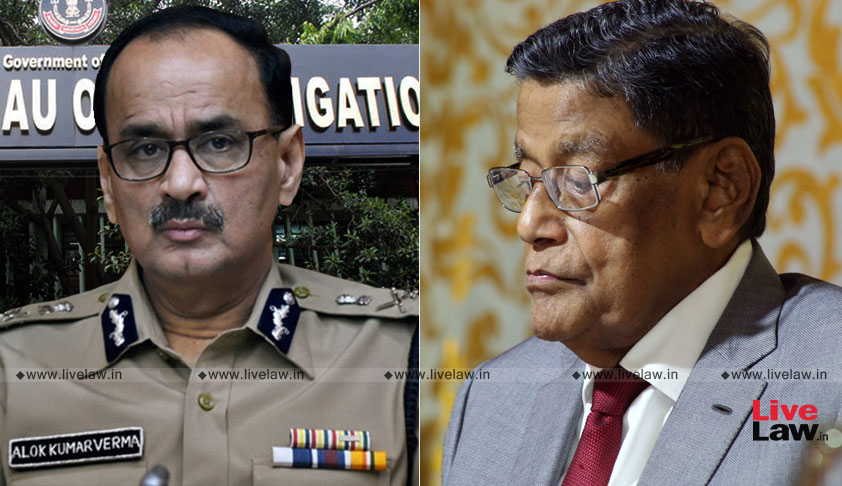Attorney General K. K. Venugopal on Wednesday countered each of the grounds raised by the petitioners in challenging the propriety of the October 23 order of the Central government sending CBI Director Alok Kumar Verma on leave.It has been the case of the petitioners, being Verma and NGO Common Cause, that in passing the impugned order, the government of India was only influenced by an...

